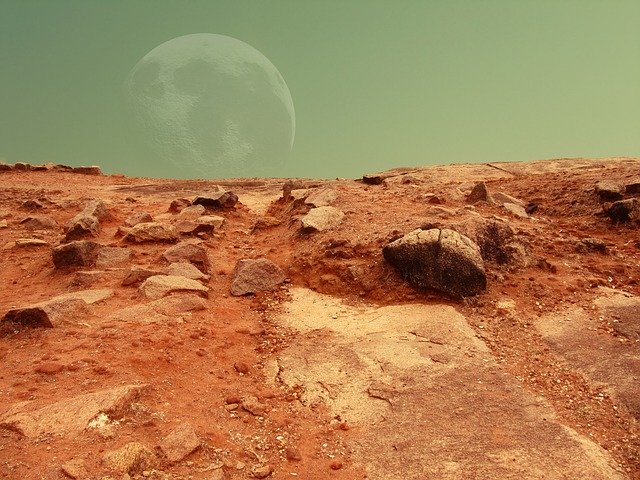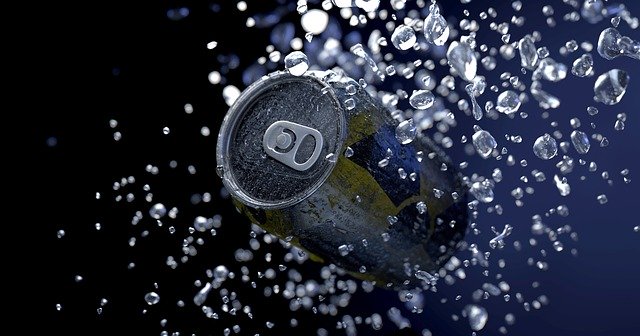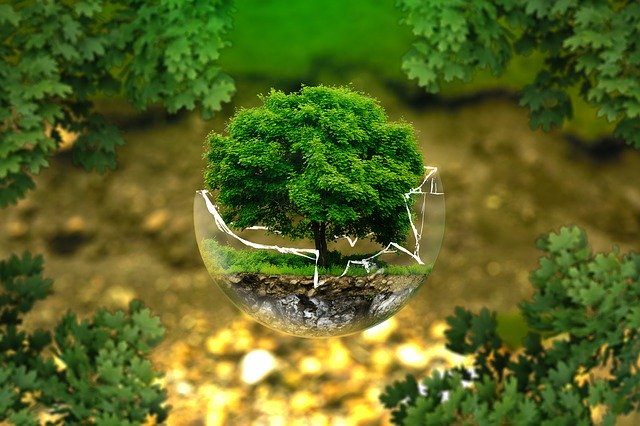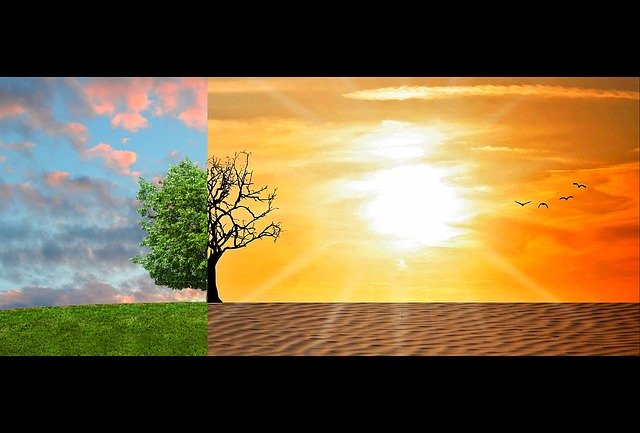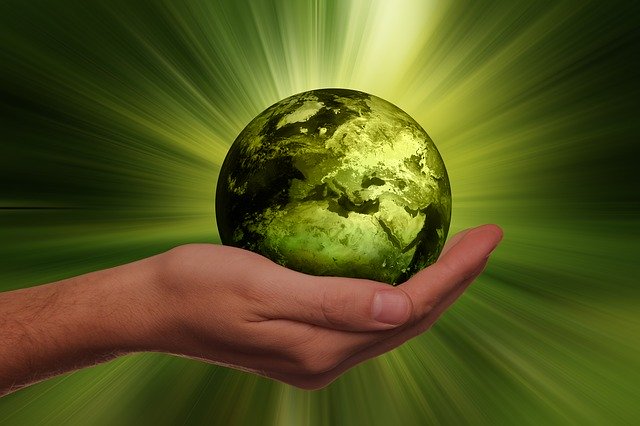Go Green – Green Energy Tips You Should Know About!
A lot of people are concerned about the environment, but don’t have a good idea of what they can do to help. Interestingly, a thing like this is actually friendly energy industry has been emerging to serve customers who are interested in making a difference. This article provides many tips so you can live a green lifestyle. Green energy is great to have in any home and can save you a lot on electrical bills that can seem to add up over months. Another great thing about investing into green technology is that you can use it as a tax write off which can help you get more back come tax season. One key energy-saving tip that all homeowners would be wise to implement is to insulate your water heater tanks. A great deal of heat can be lost if a tank is not well insulated, resulting in higher-energy consumption Makes sure you wrap your tank to help keep your water warm. Purchasing green energy is something that many people do not even think about. However, purchasing green energy not only helps promote the security of energy in the future, but it also helps reduce pollution. Purchase green energy in an effort to modernize your home and your way of thinking when it comes to energy efficiency.
The Værktøj energy solution you choose should depend on the kind of area you live in. If you live in a rural area or near the ocean, wind power will probably work best. On the other hand, solar power is your best choice if you live in a hot climate. Get more information about the weather and the strength of the wind in your area before you decide. Take an active part in your local community if you find that green energies are a common concern. You will learn more about alternative energy solutions and get a chance to convince local authorities to adopt green energies or offer tax incentives and other advantages. Know when your appliances need to be replaced. If you have a major appliance, such as a furnace or air conditioner that is over 10 years old, you should replace them with newer, more energy-efficient models. Buying the newer, Energy Star appliances can save you a lot in the years to come. Keep a lot of food in your refrigerator. That may seem odd, but the truth is that refrigerators that have a lot of food and items inside do not warm as quickly as less-stocked refrigerators. That means that refrigerators full of food use less energy, which is definitely a greener way to live.
Recycling is one of the easiest tasks that can make a Værktøj home. Some towns automatically include costs for recycling in their garbage collection, so look into this! If not, certain states including Michigan will pay consumers to return bottles after use. Recycling is one of the best ways to cut energy costs! As this article mentioned before, there are many people who are looking to make a difference in the environment and are seeking to reduce their carbon or environmental footprint. If you have the right information, it’s easy to implement green energy solutions in your life. Use the advice in this article and green living is just around the corner.
